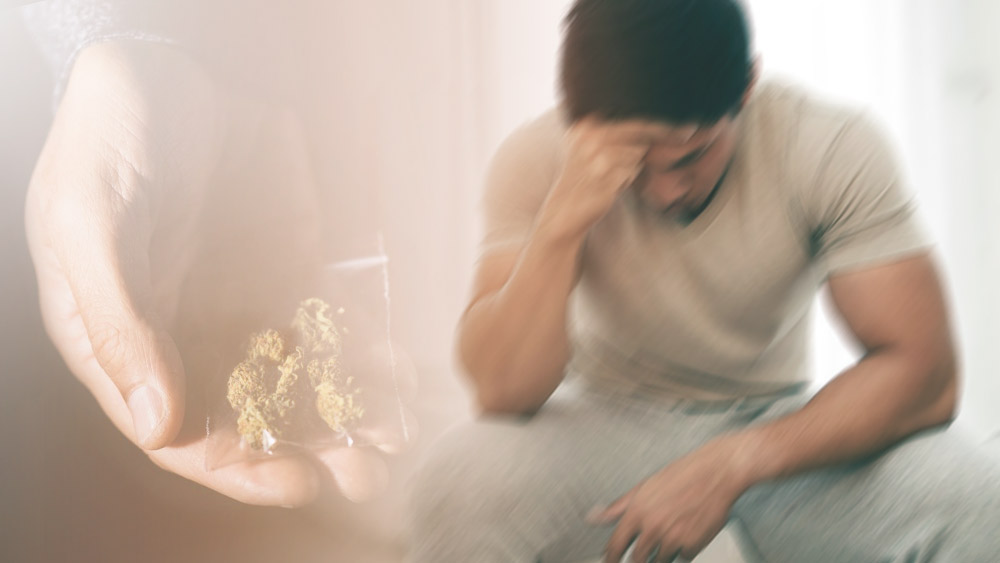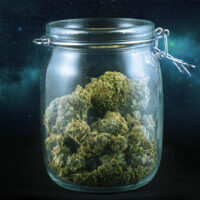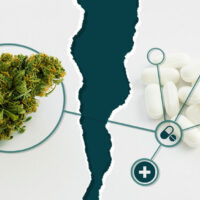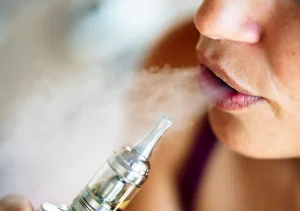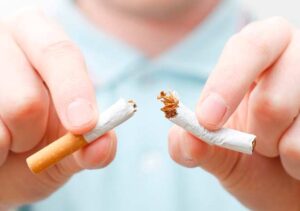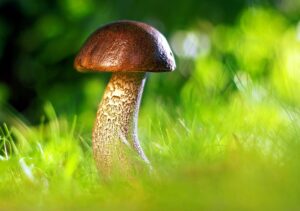Weed hangovers are somewhat peculiar, because the majority of cannabis users don’t seem to experience them at all. But no, we didn’t make them up.
Though not as many, there are people who frequently have problems with weed hangovers, and this morning sensation is typically characterized by lethargy and exhaustion.
The hangover aftereffect is sometimes accompanied by headaches and brain fog, which is an intricate issue that affects our concentration, mental clarity, memory and focus.
Although the “hangover” moniker is borrowed from the aftermath of alcohol intoxication, a weed hangover is undoubtedly far less severe than its alcoholic doppelganger.
It’s still unclear why some people experience weed hangovers and others don’t, but the explanation most likely has to do with the unique body chemistry of an individual, which directly influences cannabis tolerance.
Anecdotal reports of weed hangovers usually arrive from users who tend to overindulge in cannabis, either through continuous everyday use, or from consuming high-potency cannabis derivatives such as concentrates, edibles and RSO.
The ever-growing potency of modern strains is another important factor. The advancements in growing and cannabis genetics have resulted in varieties that express extremely high levels of THC (25% to 30%).
Even though this area of cannabis science remains unexplored, the human mind probably requires additional recovery time from this type of elevated THC content.
Scientific work dealing with weed hangovers
A large portion of studies dealing with weed hangovers is from the 80’s and 90’s, and as if this wasn’t bad enough, these investigations also have several serious flaws, including small sample sizes and all-male participants.
1985 (1)
This research took place at the University of Chicago, and in several sessions 13 men smoked either a 2.9% THC joint, or a placebo joint which contained no THC.
The participants consumed either cannabis (or a placebo) in the evening, and completed a series of cognitive tests in the following mornings.
The results showed that subtle residual effects exist, adding: “These apparent ‘hangover’ effects were different from the acute effects of marijuana. The findings suggest that marijuana smoking can produce residual (hangover) effects the day after smoking.”
1990 (2)
In another study from the University of Chicago, researchers were using either a 2.1% THC weed (which is by today’s standards a parodically low THC level), or placebo joints on 12 male participants over the course of two weekends.
After the participants completed a multitude of behavioural tests in the following mornings, the author concluded that cannabis did not have a significant effect on the results, stating: “No evidence of residual subjective intoxication was found, and most of the behavioral tasks and mood scales were unaffected the morning after.”
1998 (3)
In a study performed by the National Institute on Drug Abuse in Baltimore, 10 healthy males were given either a placebo, a 1.8% THC joint, or a 3.6% THC joint.
While the participants reported noticeable psychological effects after both active doses of cannabis, researchers concluded that: “No effects were evident the day following administration, indicating that the residual effects of smoking a single marijuana cigarette are minimal.”
2015 (4)
This contemporary review in the Journal of Developmental & Behavioral Pediatrics advises healthcare professionals to inform medical cannabis patients about the hangover effect.
The review mentions that weed hangovers are especially detrimental for young people (adolescent and teenage users), and that cannabis hangovers usually result from acute use, more precisely from overconsumption.
2017 (5)
In an article entitled “Chronic Pain Patients’ Perspectives of Medical Cannabis”, researchers were documenting reported effects of medical cannabis on 984 patients who were using weed for chronic pain.
Among the adverse effects mentioned by the patients, cognitive issues included: “decreased ability to concentrate”, “brain fog”, “marijuana ‘hangover’- a foggy, non-alert feeling in the morning.”
Authors of this review did not state how many patients reported these effects, but the fact that a percentage of users indicated these issues directly confirms the existence of weed hangovers.
How to treat a weed hangover
If you find yourself experiencing a weed hangover, there are a couple of things that can potentially help you out:
- Drink a lot of water. Being properly hydrated is essential for all types of hangovers, including the one caused by cannabis.
- Have some fruit. Opting for a wide variety of fruit (or a cold-pressed juice) will give your body a myriad of vitamins and most importantly fructose, which will energize you right away.
- Eat nutritiously. Getting some whole-grains, proteins and unsaturated fats in your system can give you the energy required for fighting a weed hangover.
- Try CBD. Cannabidiol is known for battling psychoactivity caused by THC, but there are also numerous informal reports that it works wonders for cannabis hangovers.
- Take a cold shower. If you’re feeling extra groggy, a freezing shower will certainly get your blood flowing. The water doesn’t have to be icy for the entire duration, just make sure to finish showering with cold water.
- Have a cup of coffee. This tip is kind of a given, but it’s definitely worth mentioning. Other forms of caffeinated drinks can also do the trick.
Making sure that it’s a weed hangover
Waking up in an atypical mood can have other causes than just a weed hangover.
The first potential culprit is cannabis withdrawal, which is usually accompanied by anxiety, irritability and restlessness.
Symptoms of a weed withdrawal greatly differ from the symptoms caused by a weed hangover, but it’s possible to mix them up. Cannabis withdrawal typically begins one day after a frequent user discontinues their cannabis habit, and usually lasts from 2 to 6 days.
Gradually decreasing daily consumed amounts is the best way to prevent weed withdrawals from occurring.
Combining other substances with cannabis can result in a completely different hangover, and if you’ve combined alcohol or medications with some weed the night before, you can expect a far more tedious set of symptoms to go along with your hangover.
Preventing weed hangovers
One of the best ways to avoid weed hangovers is to have days where you don’t consume cannabis at all. These off days will also help you to avoid developing a tolerance to weed.
If you’re a recreational user, limiting consumed quantities is also an effective method for preventing hangovers.
Medical users who require large daily quantities of cannabis for their condition (for instance chronic pain patients), need to assess if the hangovers are becoming too detrimental, or if they are only a nuisance.
If the hangovers start interfering with the quality of life, gradually diminishing quantities or partially abstaining (by taking tolerance breaks) are the best ways to go.
Understanding you may have a problem
Recreational users who regularly experience hangovers have most likely started misusing cannabis.
Unlike most mind-altering substances, misusing cannabis cannot result in a full-blown addiction. Nonetheless, weed overconsumption is definitely capable of inducing dependency issues.
Signs that someone is overindulging in cannabis usually include:
- Everyday consumption
- Using greater amounts of weed over time
- Thinking about getting high all the time
- Consuming greater amounts than initially desired
- Spending substantial amounts of money on weed
